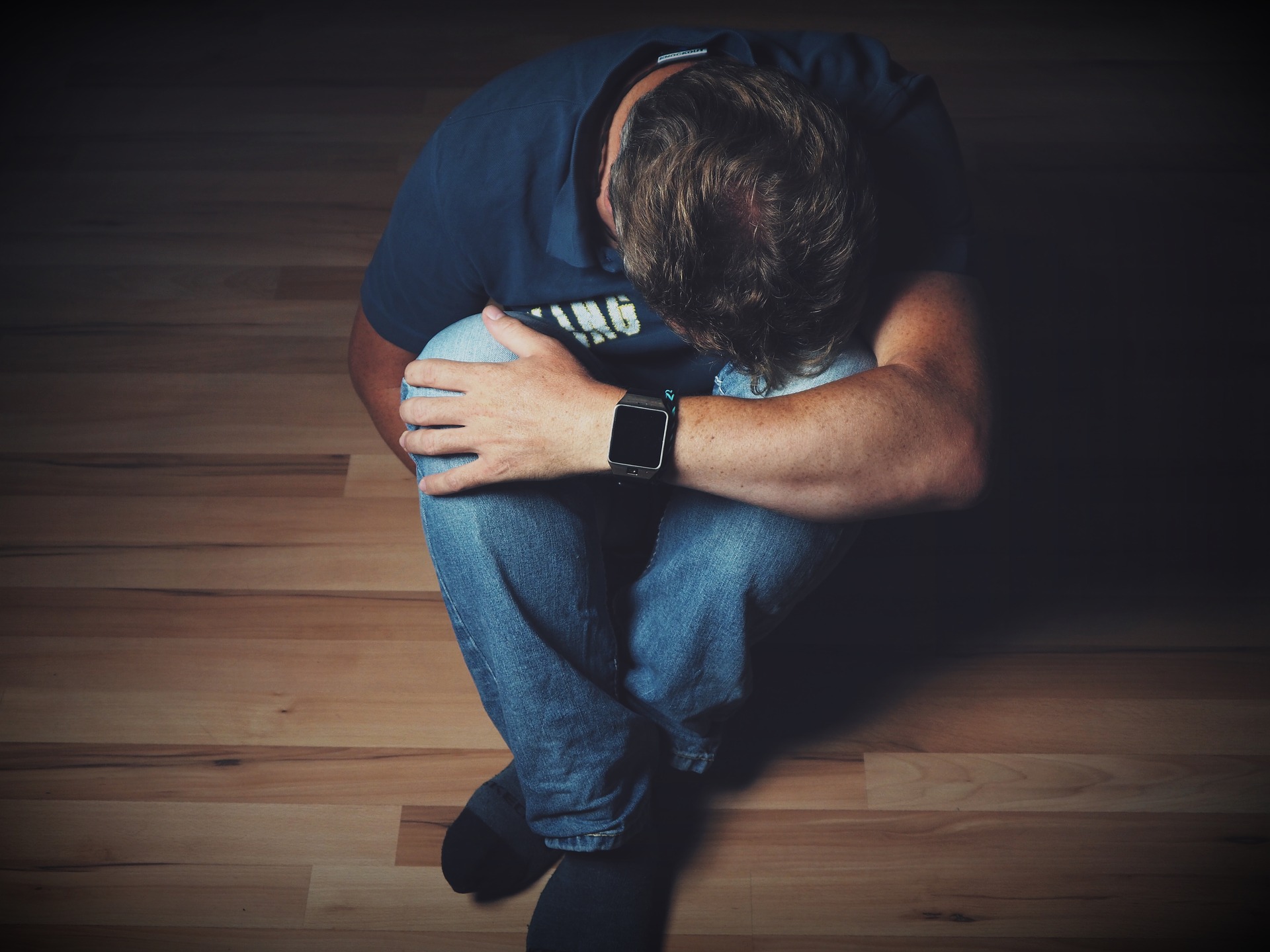
The Opioid epidemic has captured headlines in major newspapers, magazines, and television networks for the last two years. Opioids refer to a class of drugs used primarily to treat pain. (Learn more about how how the epidemic began and how far it reaches.) These drugs include oxycodone, hydrocodone, hydromorphone and morphine along with the illegal drug heroin.
Eighty-percent of opioid addicts began with a legal prescription of pain medication from their doctor. Most addicts never set out to become an addict. In fact, many addicts do not recognize their addiction until they begin to experience withdrawal symptoms when they stop using opioids or they take their medication later than usual.
For short acting opioids like heroin, opioid withdrawal symptoms may start within six to twelve hours of the last dose of the drug. Longer acting opioids may delay withdrawal symptoms for up to thirty hours after the last dose. For most users, withdrawal starts within the first twenty-four hours of the last dose and peaks at three to five days after the last dose of the drug.
Late withdrawal symptoms generally taper off in severity after five to seven days, but some symptoms will linger for several months.
Early Opioid Withdrawal (1-2 days)
- Tearing up
- Muscle aches
- Agitation
- Trouble falling and staying asleep
- Excessive yawning
- Anxiety
- Nose running
- Sweats
- Racing heart
- Hypertension
- Fever
- restlessness
- Low energy
- Drug cravings
Late Opioid Withdrawal (3-5 days)
- Nausea and vomiting
- Diarrhea
- Goosebumps
- Stomach cramps
- Depression
- Drug cravings
- Dilated pupils and possibly blurry vision
- Rapid heartbeat
- High blood pressure
The first three to five days of withdrawal symptoms present the most uncomfortable, and often painful, side effects. Individuals face the highest risk of relapse during these days. Medical detox programs offer medical interventions to reduce the side effects of withdrawal by helping a patient taper off of medications and treating severe symptoms such as dehydration. Drug users who undergo detox with the help of these programs leave the withdrawal phase with the stepping stones necessary for a longer, more stable recovery.
Individuals who attempt to detox “cold turkey” on their own increase the risks of more severe withdrawal symptoms such as dehydration, seizures and hallucinations. Detox without medical care also ignores underlying psychological causes behind the addiction.
Overdose is a concern for any opiate user, but the risk of overdose increases for individuals who relapse because their bodies have a reduced tolerance for the drugs.
At Mantachie Rural Health Care, we’re dedicated to helping opioid users in North Mississippi recognize their addiction and give them the courage to seek help. If you or someone you know is experiencing opioid addiction or withdrawal from opioid medications, call our behavioral health clinic at 662-282-4359. Our licensed counsellors can assist you in choosing a detox program that will offer you a more stable road to recovery.





Speak Your Mind